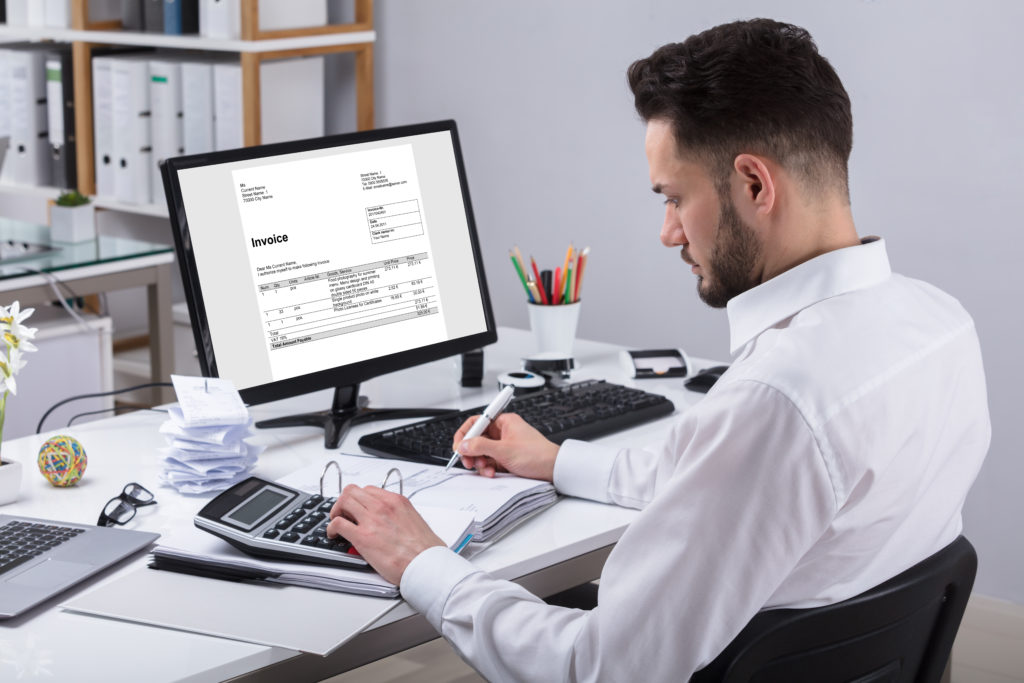
A chartered accountant can offer a form of specialist accountancy and advisory services in a variety of key areas. The main difference between an accountant and a chartered accountant is that the latter is typically more highly qualified and experienced and will be a member of a professional body such as ICAEW, CIMA and ACCA. If you’re seeking straightforward accounting services, you may not need to pay the extra cost of hiring a chartered accountant – but if your needs are more complex or specialised, they may be well worth the services of a specialist firm providing chartered accountants such as F9 Consulting. It can take more than 8 years to qualify as a Chartered Accountant in practice, compare this to no educational requirements for an unqualified accountant and you start to appreciate the potential differences in service you will receive.
Although unqualified accountants are subject to the same laws as chartered accountants, Chartered Accountants are bound by a Code of Ethics by their professional body such as ICAEW and are subject to their disciplinary procedures. They are required to hold a practising certificate and professional indemnity insurance if they offer professional services to the public.
Chartered Accountants work in a wide range of business sectors and in a broad spectrum of roles, from financial controllers and directors, to chief executives.
Working in Business and Industry
Chartered Accountant can be found successfully positioned in a dynamic global environment, pursuing a diverse range of roles including corporate leadership, management accounting, business analysis and sales management.
Working in Financial Services
Chartered Accountants also pursue rewarding careers in financial services; advising on risk management, financial investment, and the optimum use of assets.
Working in Practice
Chartered Accountants who work in practice provide professional financial services to businesses. Auditing, taxation, accounting, financial analysis, risk management and advising on financial structures, are just some of the wide-ranging services provided by Chartered Accountancy Firms.
Working in the Public Sector
Chartered Accountants in the public sector quickly develop strong commercial and decision-making skills as they help to safeguard the integrity of public spending. Ensuring taxpayers receive value for money through efficient and effective resource allocation and monitoring is key. Those who want to make a positive contribution and impact on society often chose to pursue careers in the public sector.
Roles of a Chartered Accountant:
Auditor
Working in audit involves checking accounting ledgers and financial statements within corporations and is the basis of much accountancy practice. Auditing work is becoming increasingly computerised and can rely on sophisticated random sampling methods. Auditing may involve a lot of travel and allows Chartered Accountants work in a wide array of sectors.
Financial accountants
The work of a financial accountant can be varied – one day they could be participating in important financial decisions involving mergers and acquisitions, the next they may be visiting a customer or supplier to set up a new account and discuss business. This work requires a good understanding of both accounting and finance.
Management accountants
Historically, many management accountants have been derided as “bean counters”. This mentality has undergone major change as management accountants now often work side by side with marketing and finance personnel to develop new business. Management accountants work in companies and participate in decisions about capital budgeting and line of business analysis.
Budget analyst
Budget analysts are responsible for developing and managing an organisation’s financial plans. There are plenty of jobs in this area in government and private industry. Besides quantitative skills, many budget analyst positions require superior people skills because of negotiations involved in the work. The Chartered Accountancy qualification gives you the tools you need to excel in this area.
Tax accountant
Tax matters arise in every aspect of running a business, from day-to-day VAT to share schemes. Tax accountants prepare corporate and personal income tax statements and formulate tax strategies involving issues such as financial choice, how to best treat a merger or acquisition, deferral of taxes, when to expense items and the like.
